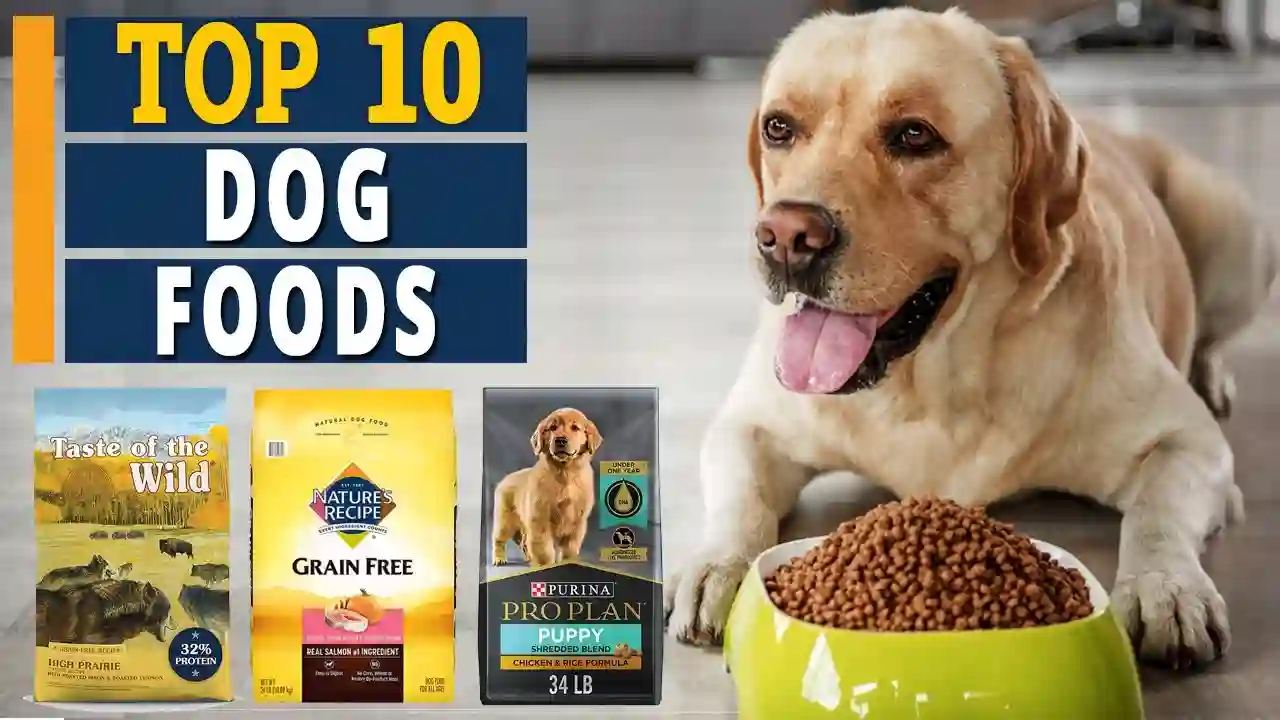
Dog Food for Dogs with Pancreatitis: Low-Fat Options
Pancreatitis is a painful and potentially life-threatening condition that can affect dogs. It occurs when the pancreas, a vital organ responsible for producing digestive enzymes and regulating blood sugar, becomes inflamed. One of the key components of managing pancreatitis in dogs is providing them with a low-fat diet. In this article, we will explore the importance of low-fat dog food for dogs with pancreatitis and discuss the best dietary options to support their health and well-being.
Understanding Pancreatitis in Dogs
Pancreatitis is characterized by the inflammation of the pancreas, which can result in severe abdominal pain, vomiting, diarrhea, and in some cases, life-threatening complications. The exact cause of pancreatitis in dogs can vary and may include factors such as obesity, high-fat diets, certain medications, genetics, and underlying health conditions.
Symptoms of pancreatitis in dogs may include:
- Abdominal pain and discomfort, often indicated by a hunched posture.
- Vomiting and diarrhea.
- Loss of appetite and reluctance to eat.
- Lethargy and weakness.
- Fever.
- Dehydration.
- Increased heart rate and respiratory rate.
If you suspect that your dog may have pancreatitis, it is crucial to seek immediate veterinary attention for a proper diagnosis and treatment plan. Timely intervention can significantly improve your dog’s prognosis.
The Role of Low-Fat Dog Food in Managing Pancreatitis
Dietary management is a critical aspect of treating and preventing recurrent episodes of pancreatitis in dogs. A low-fat diet is essential because fat is a potent trigger for the release of digestive enzymes from the pancreas. In dogs with pancreatitis, these enzymes can prematurely activate within the pancreas itself, leading to inflammation and tissue damage.
A low-fat diet helps reduce the workload on the pancreas, decreases the risk of inflammation, and alleviates the symptoms associated with pancreatitis. The goal is to provide a nutritionally balanced diet that is easy to digest and gentle on the inflamed pancreas.
Choosing the Right Low-Fat Dog Food
When selecting low-fat dog food for a dog with pancreatitis, it is essential to consider several factors to ensure the diet meets their nutritional needs. Here are some important considerations:
- Fat Content: Look for dog food with a fat content of no more than 7-10% on a dry matter basis. This level of fat is considered safe for dogs with pancreatitis.
- Protein Quality: Ensure that the dog food contains high-quality protein sources. Protein is essential for maintaining muscle mass and overall health. Lean meats like chicken, turkey, or fish are excellent options.
- Fiber: A moderate amount of dietary fiber can help support healthy digestion. Soluble fiber sources, such as rice and oats, are often well-tolerated by dogs with pancreatitis.
- Limited Ingredients: Simple and limited ingredient diets can be beneficial for dogs with sensitive digestive systems. Avoid foods with excessive fillers, artificial additives, and unnecessary preservatives.
- Prescription Diets: Some veterinary prescription diets are specifically formulated for dogs with pancreatitis. These diets are carefully balanced to meet the nutritional needs of dogs with this condition.
- Consult with Your Veterinarian: Your veterinarian is your best resource for selecting the right low-fat dog food. They can recommend suitable brands and formulations based on your dog’s individual needs and the severity of their condition.
Homemade Diets for Dogs with Pancreatitis
Some dog owners may opt for homemade diets to manage pancreatitis. Homemade diets can be tailored to meet your dog’s specific dietary requirements. However, creating a balanced homemade diet can be challenging, and it’s essential to consult with a veterinarian or veterinary nutritionist to ensure your dog receives all the necessary nutrients in the correct proportions.
A homemade diet for dogs with pancreatitis may include:
- Lean protein sources like skinless chicken or turkey breast.
- Cooked white rice or oatmeal for carbohydrates.
- Low-fat cottage cheese or yogurt for protein and probiotics.
- Boiled or steamed vegetables like green beans, carrots, and sweet potatoes.
Remember that homemade diets require careful planning and supervision, and regular veterinary check-ups are essential to monitor your dog’s progress and make any necessary adjustments to the diet.
Feeding Schedule for Dogs with Pancreatitis
In addition to selecting the right low-fat dog food, it’s essential to establish a feeding schedule that promotes digestive health and minimizes the risk of flare-ups. Here are some feeding guidelines for dogs with pancreatitis:
- Smaller, Frequent Meals: Instead of feeding one or two large meals, divide your dog’s daily food intake into several smaller meals throughout the day. This reduces the workload on the pancreas and helps prevent overstimulation of digestive enzymes.
- Avoid Fasting: Do not fast your dog, as it can lead to a buildup of gastric acid, potentially exacerbating pancreatitis symptoms.
- Gradual Transition: If you are switching to a new low-fat dog food, make the transition gradually over several days to prevent digestive upset.
- Monitor for Changes: Keep a close eye on your dog’s condition and symptoms. If you notice any changes, consult with your veterinarian promptly.
Conclusion
Pancreatitis is a painful and potentially life-threatening condition that requires careful dietary management. Low-fat dog food plays a crucial role in reducing the risk of inflammation and providing relief to dogs with pancreatitis. When selecting the right low-fat diet, consider factors such as fat content, protein quality, and dietary fiber.
Consult with your veterinarian to determine the most appropriate low-fat dog food for your pet’s specific needs. With the right dietary approach and feeding schedule, you can help your dog manage pancreatitis and enjoy a healthier, more comfortable life. Remember that ongoing veterinary care and regular check-ups are essential for monitoring your dog’s condition and adjusting their diet as needed.